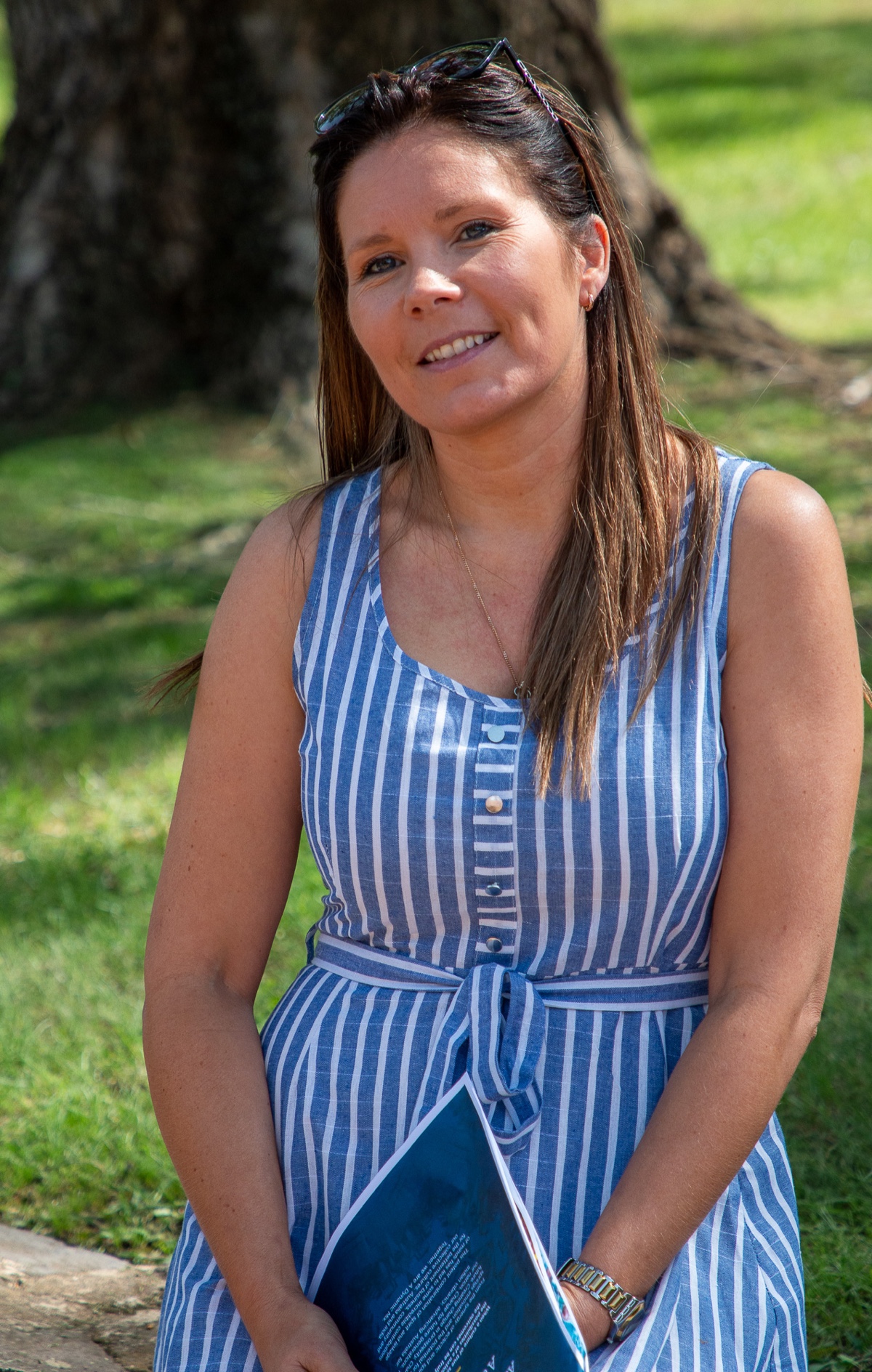University of New England student, Nikki Jamieson, is one of three recipients to receive new PhD Scholarships from Suicide Prevention Australia announced this month.
The scholarship enables Nikki to continue her research into the relationship between moral injury (MI) – a relatively new concept in Australia - and suicidality among former Australian Defence Force (ADF) personnel.
Nikki is no stranger to the heartache brought about by suicide. She lost her serviceman son Daniel in 2014, and has since made it her life’s mission to support military veterans struggling with their mental health.
“Since Daniels death I’ve completed a Master’s degree in suicide. As a qualified Suicidologist I wanted to do more for veterans, so I started a PhD that looks into the concept of moral injury,” Nikki said. “My hope is that I can reduce veteran suicide and ultimately save another family from living with such heartache.”
Moral injury, at its most basic, is a violation of our core moral codes, resulting in an inability to reconcile deep feelings of betrayal, anger, guilt, shame and self-condemning behaviours that can heighten the risk of suicide in serving and ex-serving military personnel.
“Most of our literature on moral injury comes from the United States where it has been positively linked to suicide. Unfortunately, in Australia, the literature on moral injury and its key constructs are very limited and as yet, there is no diagnostic criteria available for it.”
Nikki believes MI is often mistakenly labelled post-traumatic stress disorder (PTSD), and although the two can co-exist, there is a need to focus on MI.
“Research in the US highlights two thirds of people who experience PTSD and have treatment for it do not show any signs of improvement or recovery. I believe moral injury may offer an explanation in such instances.”
Nikki’s study will explore MI and its key constructs through concept analysis followed by interviews with veterans.
“The interviews will explore in-depth veterans lived experience of moral injury and how it relates to suicide intent in an ADF context.
“I’m uniquely placed to undertake this kind of qualitative research because of my own experience, professional social work, academic backgrounds and close ties with the military community,” Nikki said.
“I am an army mum which makes me ‘one of their own.’ I’m able to talk to veterans drawing on my experience with Daniel. I’ve been there, and can hopefully bring it all together to help broaden our understanding of moral injury.”
Lastly, Nikki’s research will attempt to understand, identify and analyse the impacts of the ADF service experience and the relationship to suicide post service.
“ADF members are not trained to be seen as weak but to be strong, honourable and courageous in the face of atrocity which can be morally conflicting in itself.
“Once they leave the service, members can often self-medicate with drugs or alcohol to numb the psychological and physical pain. Anger is problematic too. We’ve seen increases in admittance of former military personnel to prisons and increases in domestic and family violence within the defence population. Whilst training serves a purpose in Defence, unfortunately, they are not trained to become civilians once they leave.”
Processes to support the transition from military to civilian life is improving, but Nikki believes there is still a long way to go.
“My research will not only add to the scant research currently available on this topic in Australia, but will also add to the primary agendas of both state and commonwealth governments and Suicide Prevention Australia of not only increasing research in suicide but in sharing the voices of those with lived experience of suicidality and ultimately reduce the suicide rate in Australia.”
Nikki’s doctoral study is supervised by Professor Kim Usher along with Professor Myf Maple and Dr Dorothy Ratnaraja. Professor Usher said “these are very prestigious scholarships and attest to the importance of the topic of this study.”


